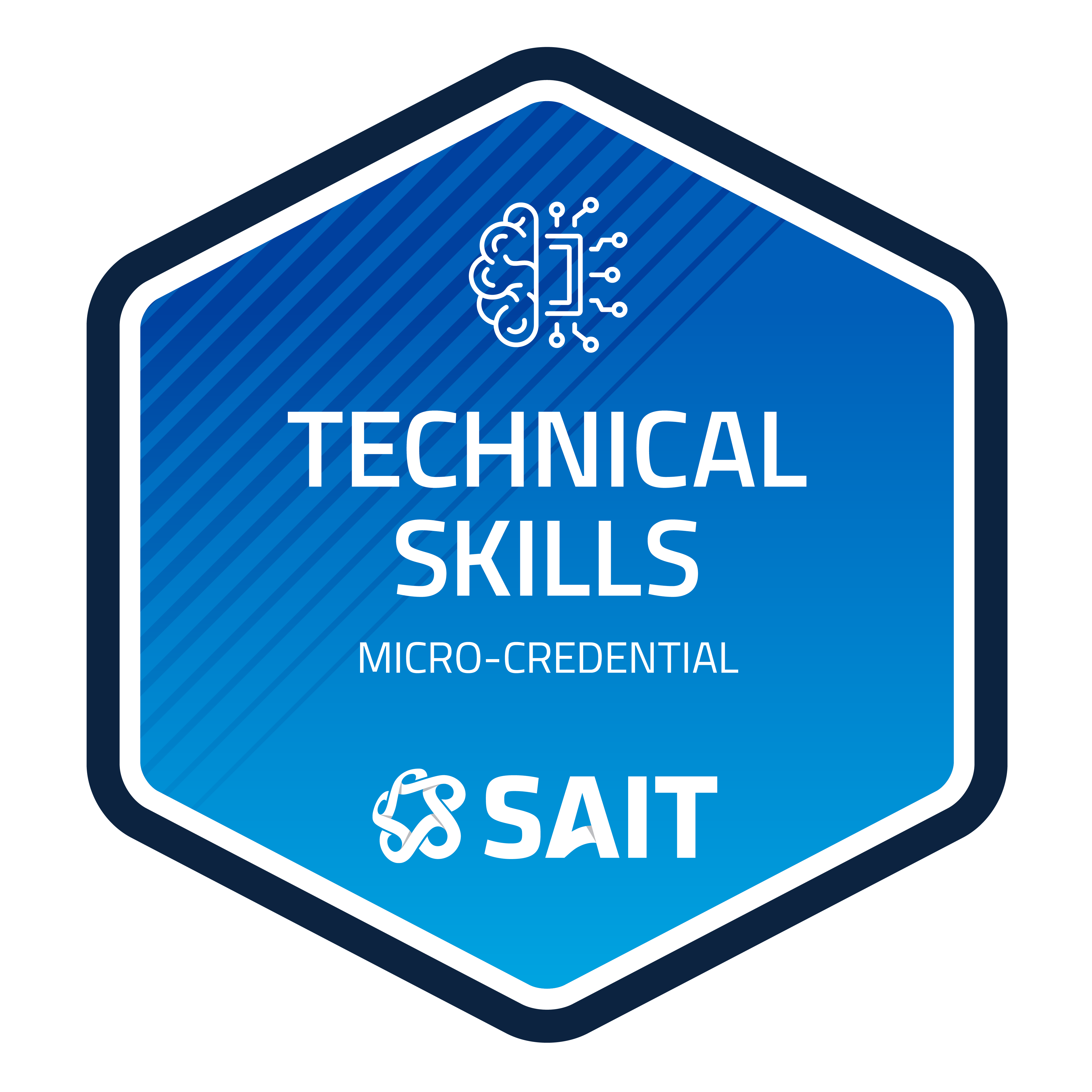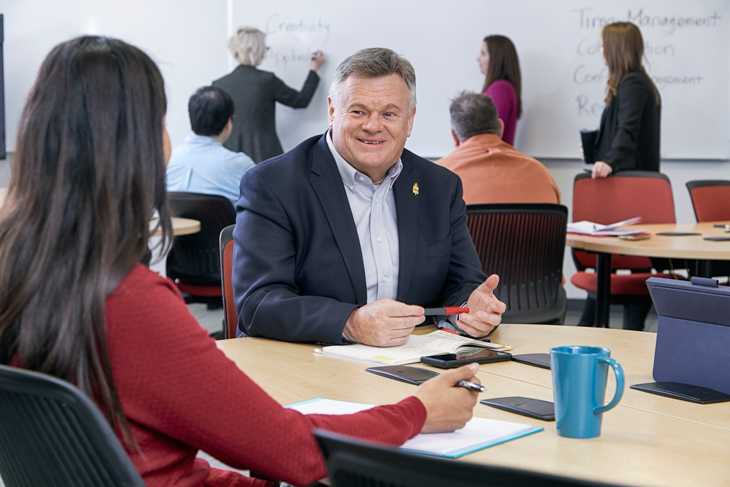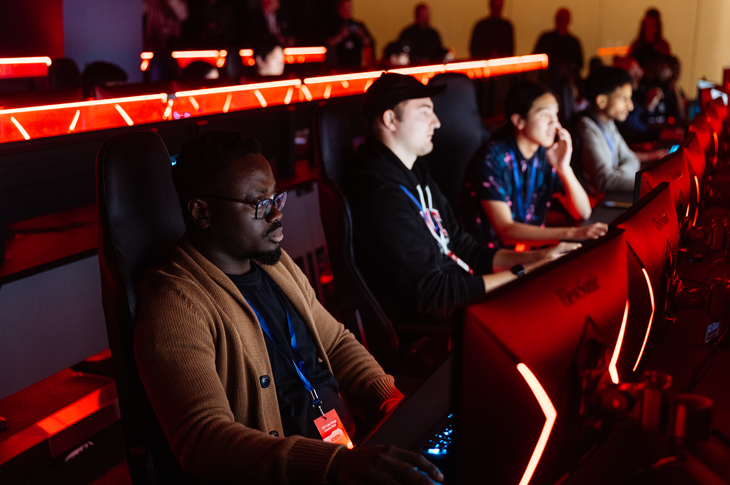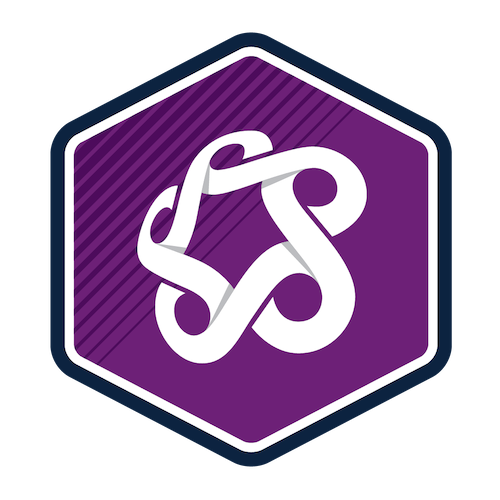Mandatory requirements
To register for this course, you must meet the eligibility requirements and upload supporting documentation. See pre-requisites and eligibility for details.
Overview
Musculoskeletal (MSK) shoulder ultrasounds are one of the most requested and most backlogged scans in Canada. The healthcare industry needs qualified professionals who can do this in-demand work and alleviate patient care delays.
Designed for registered diagnostic medical sonographers and ultrasound technologists, Musculoskeletal (MSK) Ultrasound – Shoulder (Lab) is a hands-on, in-person course validated by Sonography Canada. This 62-hour practical training builds on the theoretical foundations from DMST 013 Musculoskeletal (MSK) Ultrasound – Shoulder (Theory) and focuses on developing job-ready scanning skills for shoulder examinations.
The course includes 28 hours of instructor-led training and peer-to-peer practice sessions, combined with self-paced assignments to reinforce learning. Following the in-person training, you’ll complete a 30-hour, employer-sponsored worksite practicum, with up to six months to perform 30 supervised shoulder scans under the guidance of a preceptor. This practicum provides hands-on experience identifying shoulder pathology while improving scan quality and efficiency.
Throughout the course and practicum, industry-experienced instructors are available to support your learning and respond to questions, helping you confidently expand your MSK ultrasound skillset and scope of practice.
This course is ideal if you:
- are a registered working sonographer looking to gain advanced skills in MSK ultrasound to enhance your qualifications and scope of practice
- are seeking to progress or specialize within the medical imaging field
- are working in orthopedic or rehabilitation settings and are looking to refine your skills and improve diagnostic accuracy for shoulder injuries and conditions.
To register for this course, you must provide proof of the following:
- successful completion of DMST 013 Musculoskeletal (MSK) Ultrasound – Shoulder (Theory)
or The Burwin Institute’s Musculoskeletal Ultrasound course and invigilated exam within the past five years, and, - proof that you're a current credentialed member in good standing with Sonography Canada, and,
- proof that you have at least two years of full-time work experience as a sonographer in a clinic or hospital setting, and,
- can secure a 30-hour worksite practicum with a current employer (clinic) who will enable the access to at least 30 patients on which to complete shoulder scans under the supervision of a preceptor. We will require a sponsor letter from the employer as per the DMST 014 Practicum Requirements package.
Upon successful completion of this course, you’ll be able to:
- perform an ultrasound and correctly identify the common pathology of a:
- normal proximal long-head biceps tendon and a normal rotator cuff interval
- normal subscapularis tendon
- normal supraspinatus
- normal subacromial/subdeltoid
- normal infraspinatus tendon
- normal AC joint
- normal posterior shoulder
- complete an ultrasound of a normal shoulder following the Standard Protocol
- demonstrate the ability to consistently perform an ultrasound of an abnormal shoulder.
You’ll demonstrate your skill and knowledge acquisition through three scanning quizzes, a final scanning exam and the completion and submission of the practicum logbook and images. All coursework must be completed as per the course schedule provided. For an optimal learning and job-ready experience, you’ll need to bring your motivation and organizational skills, be punctual and attend all classes.
To request a course outline, contact ConEdAdvising@sait.ca.
Upcoming dates
Select an available section and add it to your cart. When you're ready, proceed to check out to sign into your student account and complete your registration. It'll take 24-48 hours to verify and approve your submission. Once approved, you'll be notified by email to complete your online registration.
Don't have a student account? Let's set one up!
Registration closes seven days before the start date for on-campus, online scheduled, and blended courses, and one day before the start date for online self-paced courses.
After you've completed this course
Upon successful completion of this course, you'll be able to self-print a proof of completion document from your Continuing Education student account.
Micro-credential
SAIT Micro-credentials develop practical skills aligned to current industry standards and include competency-based testing. Earning a SAIT Technical Skills Micro-credential demonstrates to employers that you have the required competencies — combining knowledge, skills and abilities — to get the job done. Learn more.

Students who complete this course with a final grade of A- (80%) or higher will earn the Micro-credential and receive a shareable digital badge that validates their achievement.
Costs
Textbook and reading list
Included in the purchase of this course, you'll receive access to online course content in Brightspace (D2L).
The following book is optional and can be purchased from the SAIT Bookstore website:
- Jacobson, J. A. (2013). Fundamentals of Musculoskeletal Ultrasound. Elsevier Saunders
Technology
To be successful in this course, you’ll need:
- Access to your own computer or laptop with standard hardware/software requirements
- Internet access.
Additional supplies
You are required to wear the following professional protective attire for all lab and practicum days in this course:
- Indoor clinic shoes
- Scrubs.
Financial support
Financial opportunities are available to help pay for your course fees. Learn more about how to reduce your education or training costs with available awards, bursaries, loans and grants, including the Canada Alberta Productivity Grant.

Train your team
Interested in group training opportunities for this course? Tell us about your organization's needs, and one of our training consultants will contact you within one business day.
Stories and news

Alberta companies look to workforce training to close critical skills gaps
The Southern Alberta Institute of Technology (SAIT) provides corporate training to help businesses boost productivity and workplace performance.

Donor created space enables cybersecurity training for students and industry
The new SAIT Cyber Range creates an immersive cybersecurity training facility for students and industry in downtown Calgary.

Oki, Âba wathtech, Danit'ada, Tawnshi, Hello.
SAIT is located on the traditional territories of the Niitsitapi (Blackfoot) and the people of Treaty 7 which includes the Siksika, the Piikani, the Kainai, the Tsuut’ina and the Îyârhe Nakoda of Bearspaw, Chiniki and Goodstoney.
We are situated in an area the Blackfoot tribes traditionally called Moh’kinsstis, where the Bow River meets the Elbow River. We now call it the city of Calgary, which is also home to the Métis Nation of Alberta.
